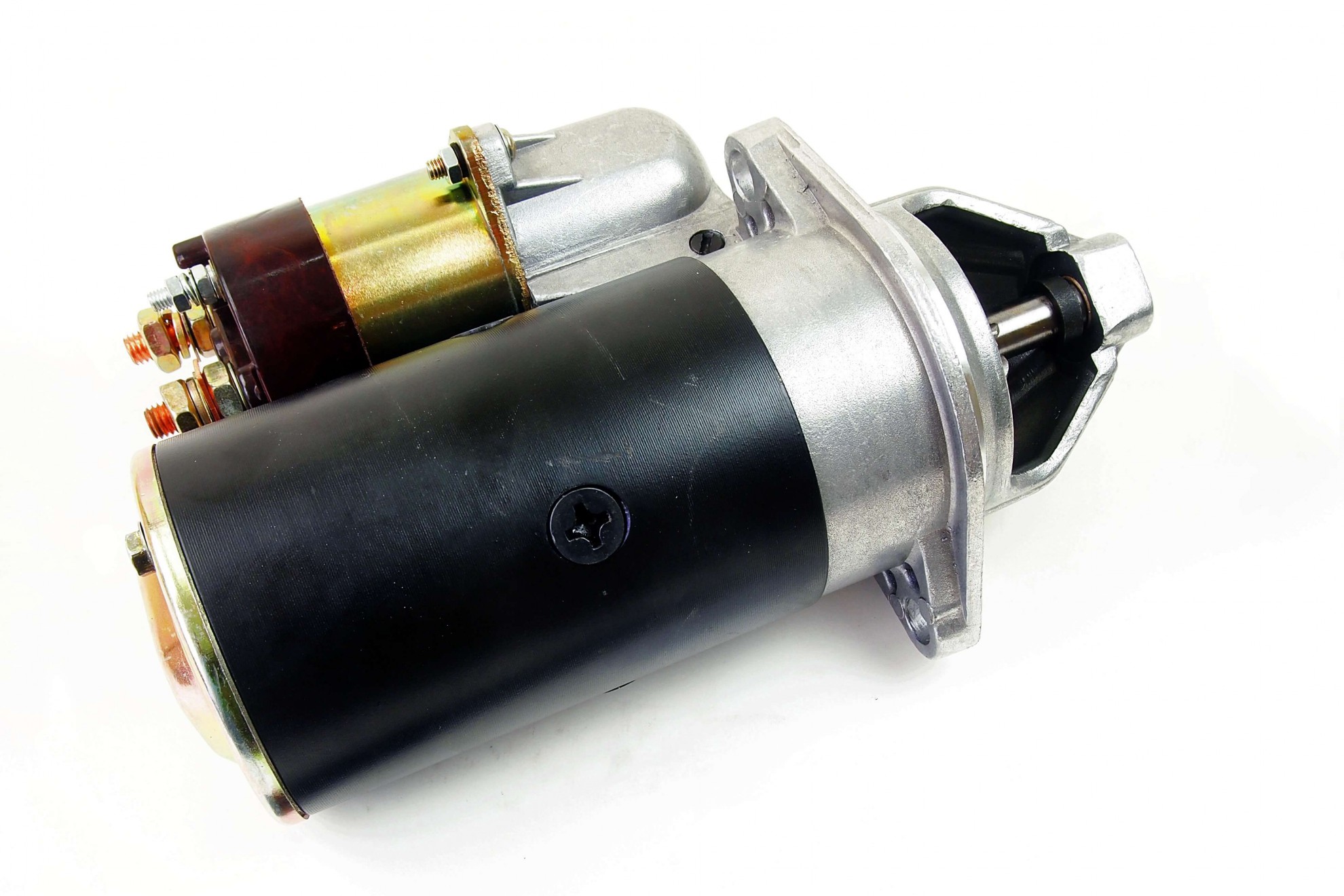
4 Signs of a Faulty Starter Relay You Should Be Aware Of
A
starter relay closes contacts to switch on a bigger current from the ignition
switch circuit's smaller current. It functions as a switch for the starter
solenoid and starter motor of a vehicle in this fashion.
Starter
relays rarely fail but when they do, your car will not start, causing a lot of
problems.
Corroded
contacts, a defective circuit, contacts that weld together, or just a relay
that is too old can all cause a starting relay to fail.
Most
car owners and drivers are not aware that a faulty starter relay can result in
an MOT failure. Hence, it is recommended to check MOT status of your vehicle
and have this issue repaired or a starter relay replacement completed before
your next MOT test is due.
4 Signs of a Faulty Starter Relay
You
should be aware of these 4 signs of a faulty starter relay:
1. Failure to Start the Car
Failure to start the car is one of the most common indicators that the starting
relay has been broken and needs to be checked right away. If you turn on
the ignition and nothing happens; no clicking, no nothing, that signifies the
relay's coil isn't receiving any electricity. As a result, the coil does not
attract the armature sufficiently to turn on the battery circuit. The engine
will not start as a result of zero electricity passing through the starting
solenoid and starter motor. To make sure the battery is functional and in
excellent shape, turn on other car accessories or gadgets that need it. If the
battery is not dead, the starter may need to be repaired or replaced entirely. Check MOT history of your car to establish if this was also the reason for an MOT
failure in the past as there could possibly be other components connected to
the starter relay that was at fault.
2. The Starter Relay Makes a Series of Rapid Clicks
The relay is not supplying enough current to attract
the armature, as shown by rapid clicks. The outcome is a succession of clicks
as it tries unsuccessfully to close connections during the on and off cycle.
Insufficient conductivity due to burned-out contacts or worn-out leads that
reduce the amount of current flowing might be one reason of this problem. Both
can be caused by a relay that is too old and whose effectiveness has
diminished. The issue can be fixed by ensuring that current flows freely
through the relay coils and that the contacts are free of dirt and corrosion.
If you are not confident in doing this yourself, book your car in with a garage in Reading and request a car mechanic to repair the issue. With the use of
sandpaper, the contacts may be scraped to remove the rusted surface. A new
relay would simply solve the problem of a relay that has been left on for too
long.
3. Even After The Engine Has Started, The Starter Relay Remains On
The starter relay is activated when the
ignition key is turned on and the starter motor and solenoid are turned
on. When you turn off the ignition key or button, the motor and starter
solenoid should cease working. The starter relay is defective if this does not
happen and the starter relay stays on even after the engine has started. It's
possible that the relay's contacts have fused together as a result of prolonged
exposure to strong currents. Because this type of malfunction might result in
damage to the entire starting system, you should take quick action by looking
for car service near me garage and booking your car to be fixed.
4. Engine Starting Fails Occasional and Irregularly
There are instances when starting the engine
fails, yet the engine starts when the ignition key is turned off and on again.
This indication suggests that the starting relay may be damaged. The majority
of the time, it's due to a build-up of dirt and debris on the contacts or leads
as a result of extended exposure. The dirt causes a drop in the current flowing
through the circuit on occasion. Cleaning the contacts and inspecting the leads
for breakage and discontinuity might assist in resolving the issue.
As
there are few moving elements in a starting relay (save the armature), it
hardly ever fails. When this happens, it's typically due to a loss in the
relay's circuit's electrical conductivity.
In
an automotive ignition system, the starter relay is a critical component. If it
fails, the car may be unable to start.
To
ensure that starter relays are operating correctly, they must be constantly
monitored.
In
the event that they fail, replacing them is always the best option because they
are inexpensive to purchase.